Dergi Kurulları
Baş Editör
Editörler
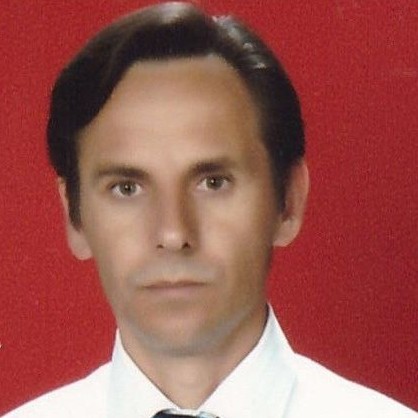
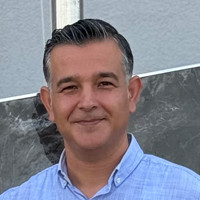
Teknik Editör
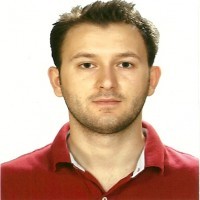
Mizanpaj Editörü

Alan Editörleri
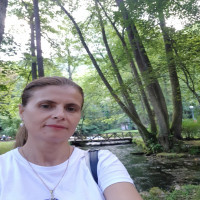

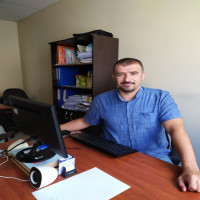
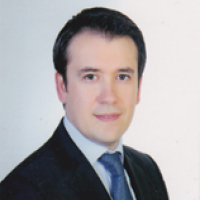
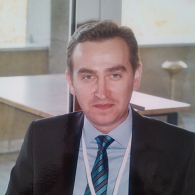
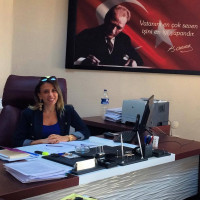
Türkçe Dil Editörü
İngilizce Dil Editörü

Yayın Kurulu


A. Rashidov, 1999 yılından bu yana öğretim ve bilimsel faaliyetlerle uğraşmaktadır. Halen Bulgaristan Gabrovo Teknik Üniversitesi “Otomasyon, Bilgi ve Kontrol Sistemleri” Bölümü’nde Profesör olarak görev yapmaktadır. Aynı zamanda, 2012 yılından itibaren Gabrovo Teknik Üniversitesi Elektronik ve Uzaktan Eğitim Merkezi’nin Direktörü olarak görev yapmakta ve burada elektronik ve uzaktan eğitimle ilgili faaliyetleri yürütmektedir. 2024 yılından itibaren IEEE Kıdemli Üyesi, IEEE Bilgisayar Topluluğu ve IEEE Robotik ve Otomasyon Topluluğu üyesidir. 100’ün üzerinde yayının yazarıdır. Yayınlarla ilgili ek bilgilere şu adreslerden ulaşabilirsiniz: https://bit.ly/rashidov, https://www.researchgate.net/profile/aldeniz-rashidov, https://www.linkedin.com/in/rashidov. Kendisi hakkında ek bilgilere şu adreslerden ulaşabilirsiniz: https://orcid.org/0000-0003-4946-890X ve https://ieee-collabratec.ieee.org/app/p/aldeniz
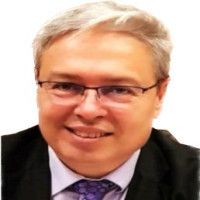
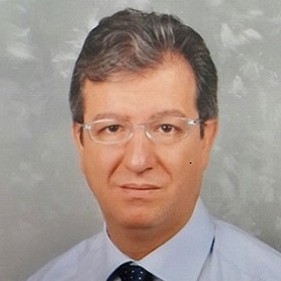

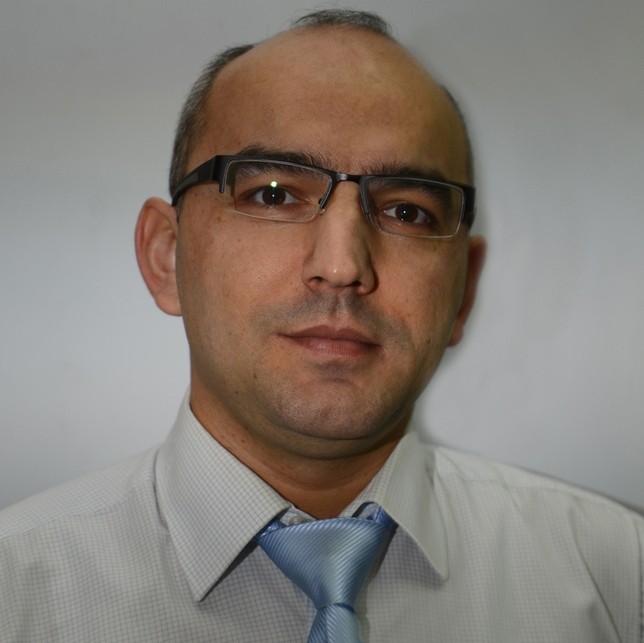



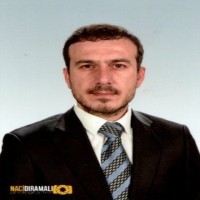
Kırklareli Üniversitesi Mühendislik Fakültesi Gıda Mühendisliği Bölümü Öğretim Üyesi
Juan Ignacio Ahuir-Torres is currently a Research Fellow at Liverpool John Moores University. He received his physical chemistry PhD with specialisation in electrochemistry from the Universidad Autónoma de Madrid. He has contributed to multiple funded research projects, including EPSRC, InnovateUK, Horizon 2020 and Horizon Europe. His scholarly works have been published in several high-impact journals, including Electrochimica Acta, Material Degradation and Material Today Communications. He has also presented his research investigations at internationally recognised congresses and symposiums, including EUROMAT and CNTMAT. His research fields encompass biomaterials, laser processing, corrosion, electrochemistry, molecular dynamics, and tribology.

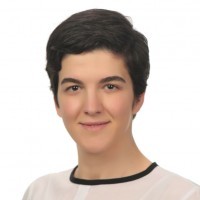
I am a researcher in the field of the Mechanics Department of Civil Engineering, specializing in advanced computational methods for structural analysis. My research is dedicated to the comprehensive study of finite element analysis, static analysis, dynamic analysis, and stress analysis, with a particular focus on understanding the structural behavior of 3D spatial beams. In addition to this, my expertise includes to the development and application of micromechanical models, as well as the utilization of nanomaterials such as carbon nanotubes and graphene platelets composite to enhance the performance of structures.
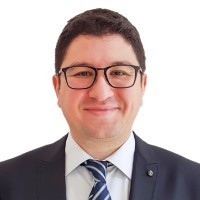

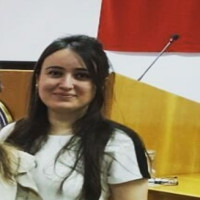

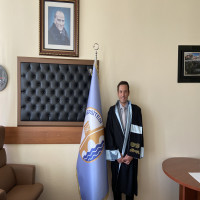
Trakya Üniversitesi Makina Mühendisliği Bölümü Öğretim Üyesi.




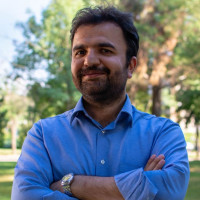
Muhammad Yaqoob Khan, Freie Universität Berlin’den doktora derecesine sahip bir Fizik Doçentidir. Yoğunlaşmış madde fiziği alanında, özellikle manyetik nanoyapılar, spintronik ve fonksiyonel malzemeler üzerine uzmanlaşmıştır. Uluslararası hakemli dergilerde çok sayıda bilimsel yayını bulunan Khan, lisans ve lisansüstü düzeyde araştırmalar yürütmüş ve çok sayıda ulusal ve uluslararası araştırma projesine katkı sağlamıştır. Araştırmaları, deneysel çalışmaları hesaplamalı modelleme ile bütünleştirmekte olup, akademik hakemlik ve bilimsel hizmet faaliyetlerine aktif olarak katkıda bulunmaktadır.
Bilimsel Danışma Kurulu

Juan Ignacio Ahuir-Torres is currently a Research Fellow at Liverpool John Moores University. He received his physical chemistry PhD with specialisation in electrochemistry from the Universidad Autónoma de Madrid. He has contributed to multiple funded research projects, including EPSRC, InnovateUK, Horizon 2020 and Horizon Europe. His scholarly works have been published in several high-impact journals, including Electrochimica Acta, Material Degradation and Material Today Communications. He has also presented his research investigations at internationally recognised congresses and symposiums, including EUROMAT and CNTMAT. His research fields encompass biomaterials, laser processing, corrosion, electrochemistry, molecular dynamics, and tribology.
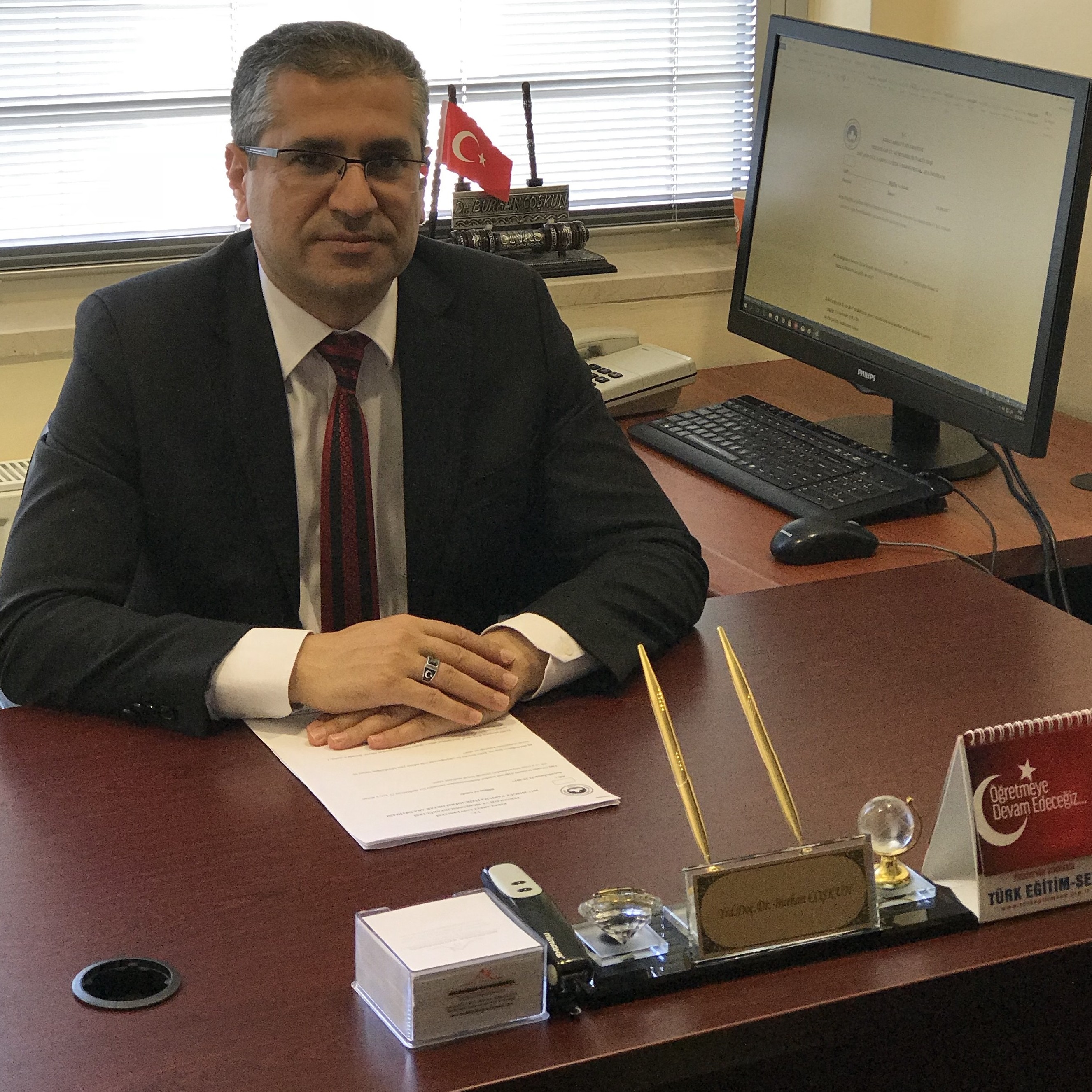



Kırklareli Üniversitesi Mühendislik Fakültesi Gıda Mühendisliği Bölümü Öğretim Üyesi

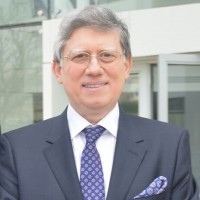


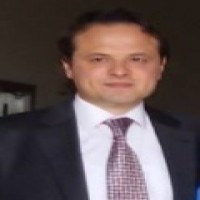
Dergi Sahibi

